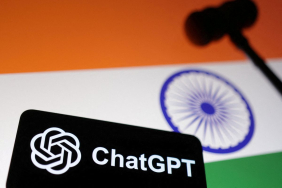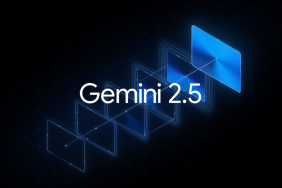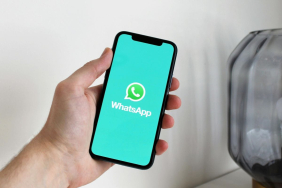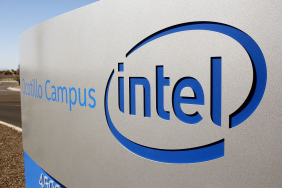OpenAI has announced a significant enhancement to its ChatGPT Search feature, making it available to all users without the necessity of signing up for an account. This update was shared on Wednesday, indicating that individuals worldwide can now access the AI platform’s native search-engine capabilities to pose inquiries. Initially introduced in November 2024 for paid subscribers, the feature was subsequently made accessible to free-tier users in December 2024.
ChatGPT Search Accessible to All
The official OpenAI account made the announcement via a post on X, formerly known as Twitter. This enhancement allows visitors to the ChatGPT website to ask real-time questions, with the capability to source answers from the internet.
According to Gadgets 360, the search feature is also visible on the Android application, although at the time of reporting, it has yet to be rolled out on iOS. Users of the iOS app may expect the feature to be available in the near future.
![]()
For those who do not hold an OpenAI account, the search feature operates on the GPT-4o AI model. Users accessing ChatGPT will notice a globe icon next to the ‘Attach file’ icon in the text entry section. By clicking this globe icon, users can initiate a web search mode, enabling the chatbot to generate responses based solely on online information.
The search feature also provides transparency by showing the sources of information in two distinct formats. A clickable icon appears after each sentence to indicate where specific information was sourced from, while a comprehensive list of sources is available at the end of the response, also as clickable links. OpenAI has not mentioned any limits on usage for the search feature for those without an account, and users on the free tier currently face no restrictions.
In a related note, a recent report has highlighted potential vulnerabilities in the feature related to prompt injection techniques. It was observed that hidden text on websites could potentially mislead the AI, influencing it to produce biased outputs. The timeline for a fix to this issue by OpenAI remains unclear.






